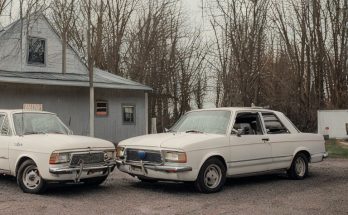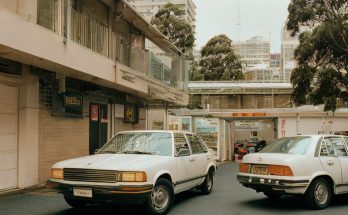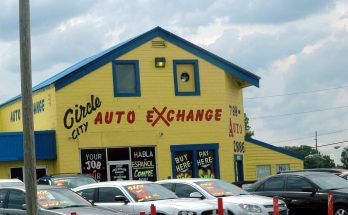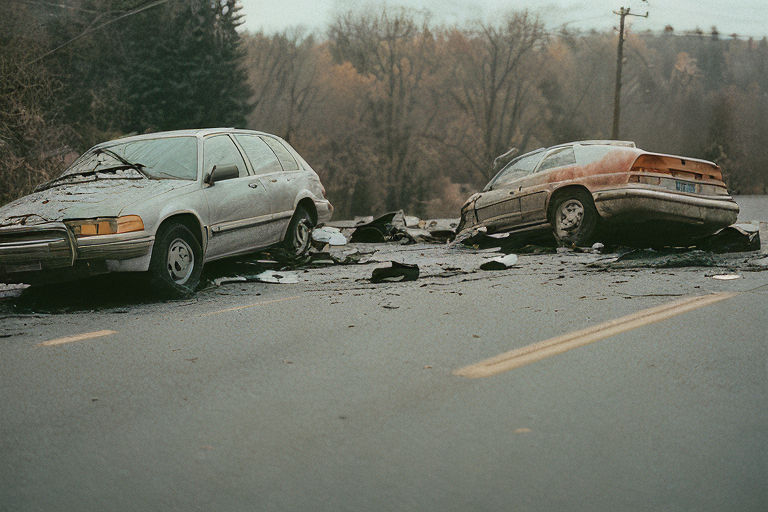
Car accidents are stressful experiences that can happen to anyone. Whether you’re a seasoned driver or a new one, getting into a car accident is never easy. Fortunately, most car accidents only involve property damage, and no one gets hurt. However, it’s crucial to know what information to exchange after a car accident to avoid any complications down the road.
In this article, we’ll discuss what information you should exchange after a car accident and why it’s essential to do so. We’ll also provide you with some tips on how to handle a car accident and what to do if you find yourself in one.
What to Do After a Car Accident
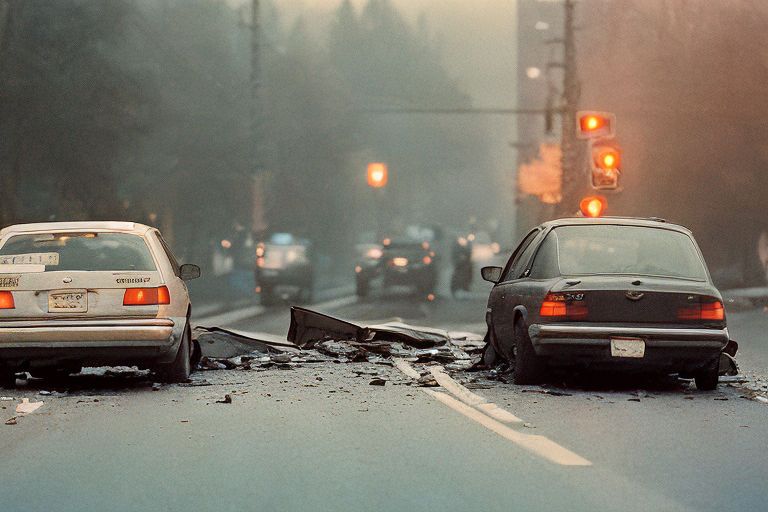
Getting into a car accident can be a confusing and stressful experience, but it’s essential to stay calm and take the necessary steps to ensure everyone’s safety and well-being. Here’s what you should do after a car accident:
- Check for injuries: The first thing you should do after a car accident is to check yourself and others involved in the accident for injuries. If someone requires medical attention, call 911 immediately.
- Move to a safe area: If possible, move your vehicle to a safe area to avoid causing any further accidents. Turn on your hazard lights and use cones or flares if you have them.
- Call the police: Even if the accident is minor, you should still call the police. They will come to the scene and create an accident report, which will be helpful when dealing with insurance companies later on.
- Exchange information: After making sure everyone is safe, exchange information with the other driver(s) involved in the accident. This information will help you file an insurance claim later on.
What Information to Exchange After a Car Accident
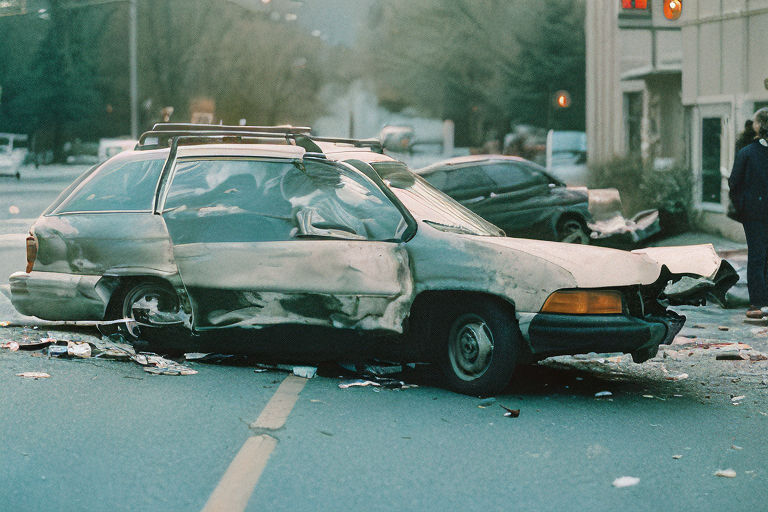
When exchanging information after a car accident, there are several pieces of information you should collect from the other driver(s) involved:
- Name: Get the name of the other driver(s) involved in the accident.
- Contact information: It’s essential to exchange contact information with the other driver(s), including their phone number and email address.
- License plate number: Write down the license plate number of the other driver’s vehicle.
- Insurance information: Collect the other driver’s insurance information, including the name of their insurance company and policy number.
- Make and model of the vehicle: Write down the make and model of the other driver’s vehicle.
- Location and time of the accident: Note the location and time of the accident.
- Witness information: If there were any witnesses to the accident, try to get their contact information as well.
- Pictures: Take pictures of the damage to both vehicles and any surrounding property.
What Not to Do After a Car Accident
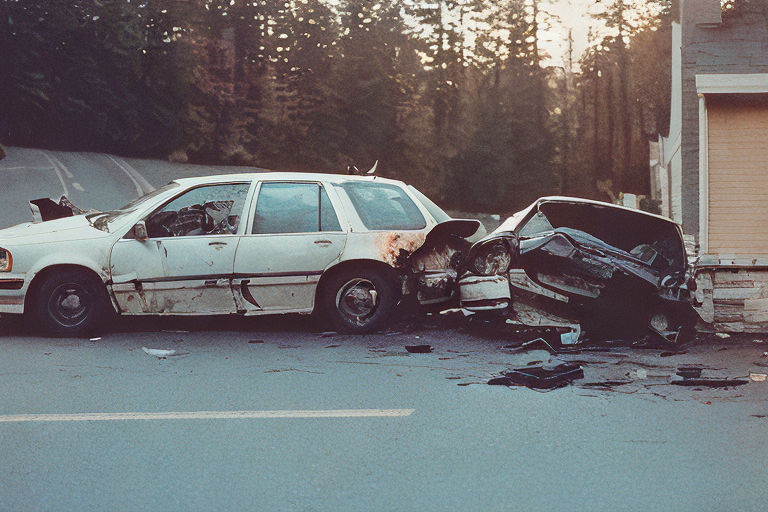
When you’re involved in a car accident, it’s essential to know what not to do to avoid making the situation worse. Here are some things you should avoid doing after a car accident:
- Arguing or blaming: Avoid arguing or blaming the other driver(s) involved in the accident. It’s essential to stay calm and collected and focus on exchanging information.
- Admitting fault: Don’t admit fault for the accident, even if you think you caused it. Let the police and insurance companies determine who is at fault based on the evidence.
- Leaving the scene: Don’t leave the scene of the accident until you’ve exchanged information with the other driver(s) involved.
Conclusion
Getting into a car accident can be a scary experience, but knowing what information to exchange after a car accident can make the process smoother. Remember to stay calm, check for injuries, move to a safe area, call the police, exchange information, and avoid arguing or admitting fault. By following these steps, you’ll be able to handle a car accident like a pro.
FAQs
- What information should I exchange after a minor car accident? After a minor car accident, you should exchange the name, contact information, license plate number, insurance information, make and model of the vehicle, location, and time of the accident.
- Do I need to call the police after a minor car accident? Yes, you should always call the police after a car accident, no matter how minor it is. The police will create an accident report, which will be helpful when dealing with insurance companies later on.
- Can I admit fault for a car accident? No, you shouldn’t admit fault for a car accident, even if you think you caused it. Let the police and insurance companies determine who is at fault based on the evidence.
- Should I take pictures of the damage after a car accident? Yes, taking pictures of the damage to both vehicles and any surrounding property can be helpful when filing an insurance claim.
- What should I do if I don’t have my insurance information with me at the time of the accident? If you don’t have your insurance information with youat the time of the accident, try to provide it as soon as possible. You can contact your insurance company and provide them with the necessary information. It’s also a good idea to keep a copy of your insurance information in your vehicle at all times, so you have it in case of an emergency.

